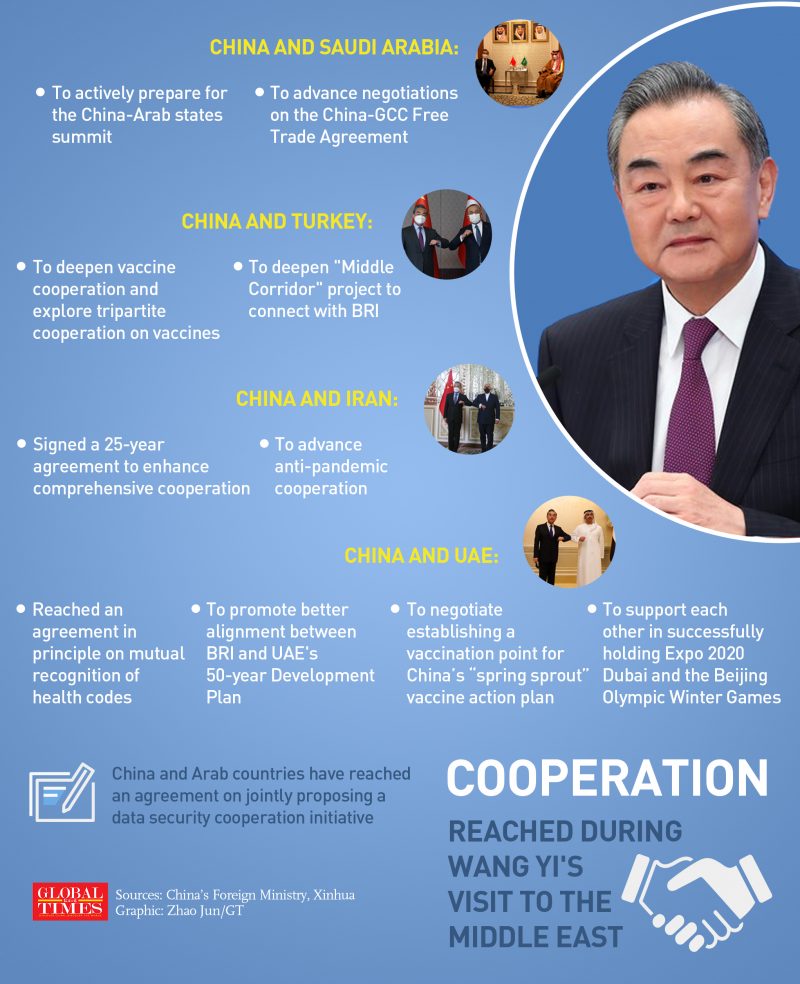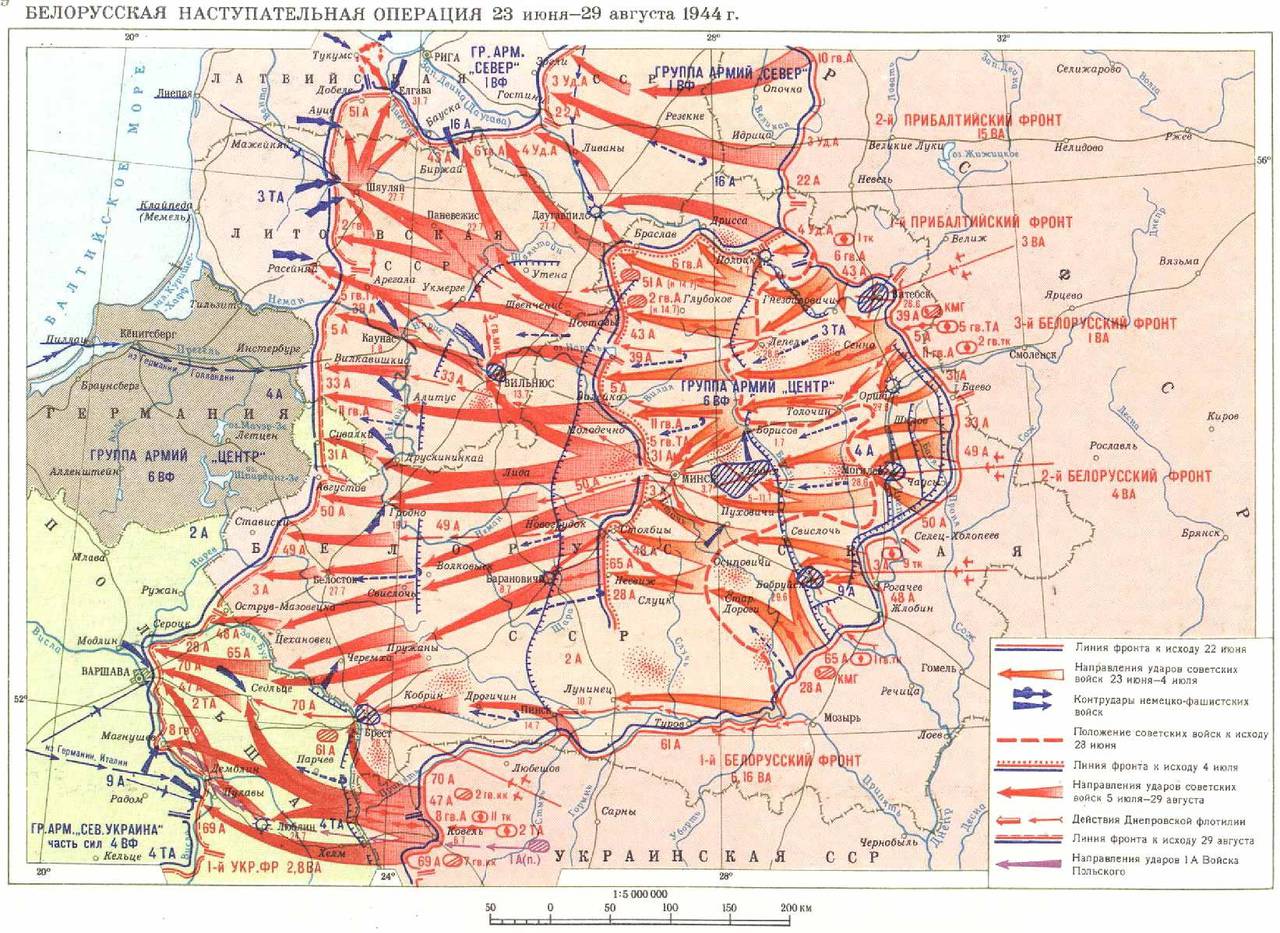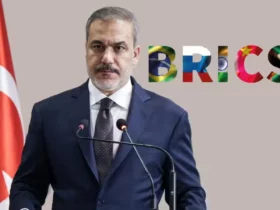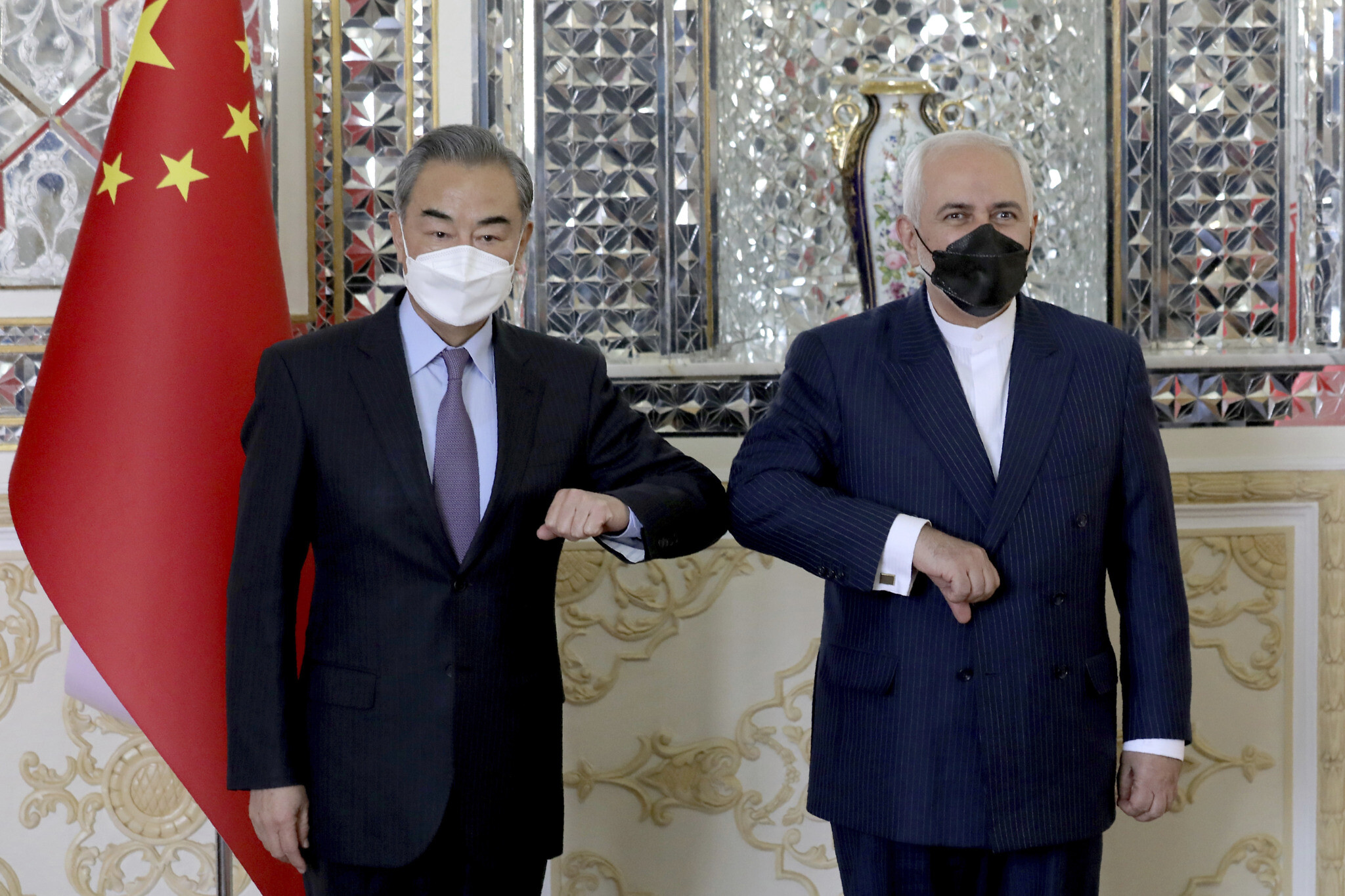The Chinese Foreign Minister Wang Yi has concluded his travel through the Middle East. He has visited Saudi Arabia, Turkey, Iran, Bahrain, the United Arab Emirates and Oman, that is 6 countries, in 5 days between the 24th and 29th of March, 2021.
During his visit to Saudi Arabia, the Foreign Minister proposed a 5-point plan to establish peace and stability in the Middle East.
Foreign Minister Wang signed a series of bilateral agreements with Middle Eastern countries concerning economy, technological cooperation and the cooperation in health industry, including joint development, production and distribution of the vaccine against Covid-19.
The “25-year agreement to enhance comprehensive cooperation”, which was signed between China and Iran during the Minister’s visit o Teheran, was exceptionally noteworthy. The sides have made no declaration on the content of the agreement, which is the concretization of a joint presidential statement from 2016.

United World International has spoken to Iranian experts on content, importance and repercussions of the agreement.
Abas Aslani, Senior research fellow at the Center for Middle East Strategic Studies (CMESS)
How do you evaluate the agreement?
The 25-year document between Iran and China is in fact a road map that outlines the future of the relations of both countries. It aims to elevate the level of relations between the two countries to a new level, which is strategic and comprehensive.
This document will be followed by future agreements on different fields. Iran and China have cooperated on different fields, namely politics, economy including energy as well as defense and culture. So they needed to somehow produce or prepare a document which could envision and outline the framework how to deepen and progress existing cooperation.

So, they have decided to sign this 25-year document. This document is important very for Iran. It matters for Iran to a great degree because the country suffers from sanctions by the United States.
This agreement can give a relief to Iran in order to evade the sanctions by the US through economic cooperation with China. The agreement can also go against the hegemony of the US in the region.
The agreement is important for China too. Beijing can thus strengthen relations with Tehran and increase its role and influence in the Middle East / West Asia. At the end of the day, Iran is one of the major actors in the region. In some ways, this agreement can gradually weaken the American influence in the region.
Do you see a growing connection between the Middle East and China?
China deems great importance to the stability of the region and the bilateral relations to the regional countries, as the country imports great part of its energy from this part of the world.
And in parallel to the signing of this agreement, China has been trying to cooperate with other regional countries as well. Therefore, this agreement and other steps of Beijing can increase Chinese influence in the region as well, meeting the needs of Iran. The agreement is a chance and an opportunity for Iran to increase its cooperation with a country, which is supposed to be the major economic power in the world.
Dr. Meysam Mehrpour, economist
China and Iran have very stable and structural relations. They have established and continued these relations during years unaffected by any side factor. The Islamic Republic of Iran and the People’s Republic of China are two ancient civilizations of Asia, and they have deep-rooted relations. They have had common interests throughout the history.
It is reported that energy cooperation is the heart of the current agreement.
We have seen in the past years that China continued energy trade with Iran, attaching less importance to the sanctions then other countries did. China has a strong economical and technological infrastructure, which provides a ground for new cooperation between the two countries.

China naturally looks for a long-term and reliable source of energy, and it seeks to diversify its sources. One reason for this approach is that China wants to be prepared for possible sanctions and pressure by the US targeting Beijing. Both China and Iran are countries that face US sanctions and pressure. This is one of the main reasons that push the two countries to cooperate.
In spite of these developments, we observe that Iran’s share in Chinese energy imports has decreased to approximately 3% in the recent years. China imports energy more and more from Saudi Arabia and Russia. But Beijing still has searched for a partner for a long-term and reliable cooperation, and it has found it in Iran. Iran on the other side wants to benefit from the Chinese economy and achieve technological progress.
How is the agreement going to affect third parties?
First of all, this is an agreement between China and Iran and it is not directed against other countries. The agreement just displays a long-term vision, and Iran wants to broaden its maneuver space facing economic pressures.
Besides that, everyone acknowledges that the unipolar world has ended. Now, everyone can reach agreements on the bases of mutual interest and benefit.
This agreement faces the strongest criticism from the US side, because Washington considers these kinds of agreements as directed against its hegemony and a measure to fight its policies of pressure. This is how they evaluate and interpret these agreements, and this is the reason why they consider these agreements a threat. Their behavior shows us both, their oppressive nature as well as the means to weaken it.
Iran not only wants to develop relations with China, generally, but also wants to develop good economic relations with different countries. This attitude plays an important role in the Iranian diplomatic doctrine.
Is the agreement limited to energy?
No, we need to underline that the agreement not only deals with energy trade, but touches also on science and technology transfer as well as investment. In my opinion, this all serves the aim to establish a relation of long-term trust between the countries and carry the cooperation further. For instance, we will witness a joint automobile production between the two countries, or cooperation in the academic, research and development fields based on this agreement.
This agreement is the document of a strategic planning. It provides a road map for China and Iran, but a road map for a long trip. The document does not include obligations but recommendations.
The most important point is: China and Iran have officially declared their will to establish a long-term cooperation and partnership. This will bear fruits in the coming years, which will not be limited to energy trade. Of course, the US did not like it, and they will present their objections too.

















Leave a Reply